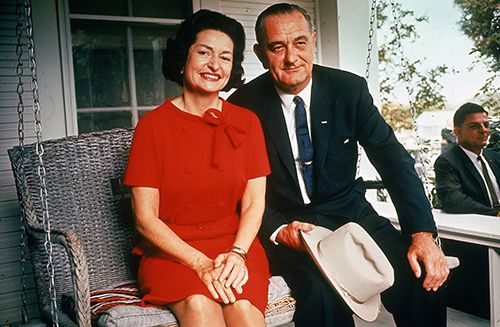
Avoid probate by using a Lady Bird Deed
PHOTO CREDIT: John Dominis—The LIFE Picture Collection/Getty Image
The attorneys at Noud & Noud provide comprehensive estate planning services to clients with a variety of needs and priorities. Many of our clients want to leave property to their children, yet want to protect and retain control during their lifetime. In this case, Noud & Noud may recommend a Lady Bird Deed.
Most people believe Lady Bird Deeds originated when President Lyndon B. Johnson used this type of deed to transfer property to his wife, “Lady Bird” Johnson. However it was Florida attorney Jerome Ira Solkoff who gave it the now-popular name. Solkoff used the names of the Johnson family in his teaching materials to demonstrate how an enhanced life estate deed works, and the name stuck.
If a parent adds an adult child to their property by quitclaim deed to avoid probate the child becomes part owner of the property without any restrictions. If the child were to file for bankruptcy, get a divorce, or get sued, the property would be considered an asset of the child’s. A better way to avoid probate in Michigan is to use a Lady Bird Deed to transfer the property.
Lady Bird Deeds, formally called “enhanced life estate” deeds, let you avoid probate of the property and keep the right to use and profit from it for your lifetime. A Lady Bird Deed is like adding a beneficiary designation to the property. The beneficiary’s interest in the property does not mature until the client’s death. By use of a Lady Bird Deed, the client’s goal of avoiding probate is met, without the potential risks of adding a new owner during the client’s lifetime.
Lady Bird Deeds require special language to make them valid. Noud & Noud will review your specific situation and determine the best way to accomplish your estate planning goals. If a Lady Bird Deed is the best option, we will ensure it is done correctly so you don’t have to worry if your wishes will be carried out. Contact us today.
Michigan Estate Planning | Ingham County Property Transfer
beneficiary, estate planning, living wills, probate, property transfer, wills